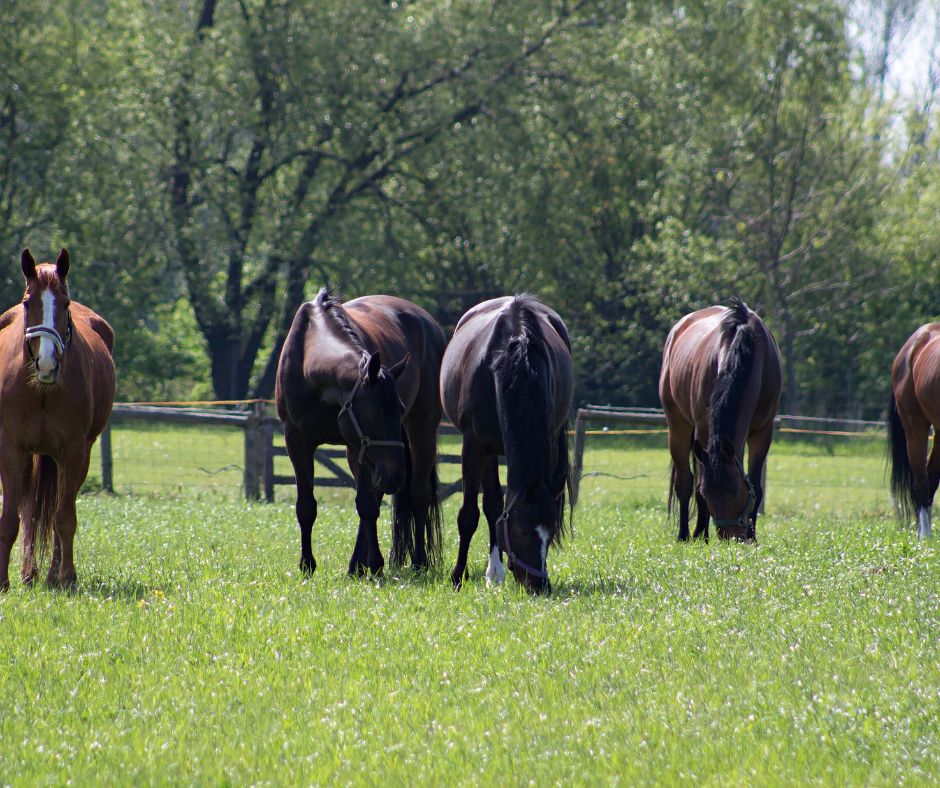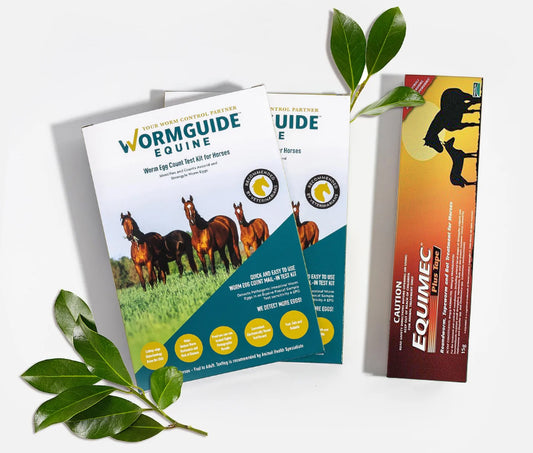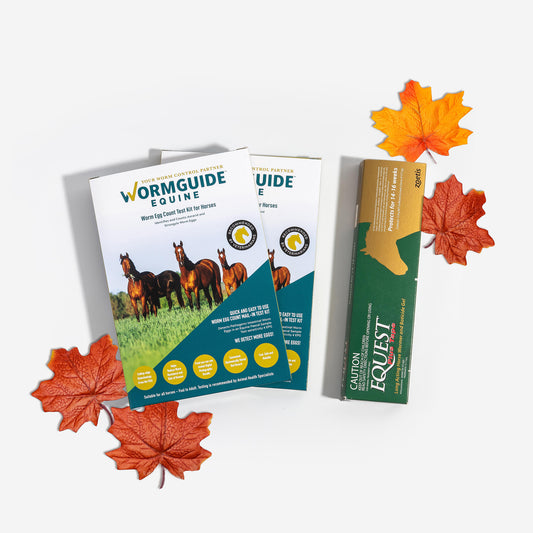An incredibly important week on the calendar. World Antimicrobial Awareness Week (WAAW) from 18 – 24 November is an annual global campaign to raise awareness and understanding of antimicrobial resistance. It’s one of the biggest threats to human and animal health today. The veterinary profession is working alongside human health professionals to address the issue. The initiative encourages all sectors to work together.
It occurs when microorganisms such as bacteria become resistant to antimicrobial medicines such as antibiotics.
What happens when we overuse antibiotic medication?
Bacteria change to protect themselves from an antibiotic drug. The more we use antibiotics, the more bacteria have to become resistant to them. That`s when antibiotics don`t work anymore.
Resistance awareness week is also a time to be informed, empowered and connected about dewormer resistance.
Despite public attention on antibiotic resistance, we should not lose focus on tackling dewormer (or drench, or wormer) resistance too!
It is clear when antibiotic resistance guidelines are compared to dewormer use guidelines the challenges and principles of tackling both are often the same.
What happens when we overuse anthelmintics (dewormer) medication?
Dewormer resistance occurs when horse worms change to protect themselves from a deworming drug. The more we use deworming drugs the more horse worms have to become resistant to them. That`s when worming products don`t work anymore.
So, the devastating antibiotic resistance story is the story of dewormer resistance too.
It requires urgent attention.
The problem with dewormer resistance is the fact that the ability of worms to survive treatment is hereditary. The worm can pass this ability to survive on to its offspring. They resist the only drugs available to kill them. That`s why, once resistance occurs, it never goes away. It is a genetic feature of the worms living on a horse property.
How to choose the right deworming product?
There is so much resistance to our worming medications, you need to use the one that works. You must test and find out what you can use for your horses. There are horse owners that can only use one effective dewormer class, and in some cases nothing actually works anymore.
How to find out if you have resistant worms living on your pasture?
Our Gold Standard Resistance Detection Service tests the worm population on your property.
Did you know that if you have a herd of horses, the good thing is that you only need six horses to measure resistance on your property?
TEST, TREAT, CHECK
For herd health
The minimum number of horses defined in the guidelines is 6 horses that are strongyle egg count positive pre-treatment egg count test. This provides a meaningful sample of the worms on your horse farm.
We are not really testing the horses; we are testing the worms living on pasture. All the horses share the worms, so each horse is a biological sample of all the worms.
Find out if the macrocyclic lactone group of deworming compounds (ivermectin, moxidectin) is working for your horses on your property.
Resistance testing is now the most important reason for doing faecal egg counts. The faecal egg count reduction test (FECRT) remains the gold standard – results indicate the percentage of strongyle egg reduction on the herd level. Use this percentage value to make inferences regarding possible presence or absence of dewormer resistance.
It is important to involve your vet in the interpretation of results to determine if you can continue to use ivermectin and moxidectin, susceptible if you use these drugs too frequently, suspected resistance, or full-fledged resistance on your horse property. If your vet is not available, our WormGuider vet and equine epidemiologist is available for consultation.
The recommendation is to test the efficacy of the worming product once a year. You may need to make some changes to protect your horses.
Always keep in mind that the information on the label of worming products may not be based on the current levels of drug resistance we see today. To protect your horses, it is best to find out what works for your horses on your horse farm.
So become an informed, empowered and connected WormGuider not only for your own horses but for other people`s horses. Horse owners and managers that still treat their horses using the failed traditional calendar-based and rotational program increase the risk of resistant worms.
Did you know that horses that have resistant worms carry them wherever they go, and the worms produce eggs that are released into the environment when horses graze. Other horses will quickly be exposed to and infected by these resistant worms. It spreads, folks!
We celebrate World Antimicrobial Awareness Week that also provides the opportunity to have the conversation about dewormer resistance.
Just like antibiotic resistance, we all have a critical role to play, we must all work together!
Here at WormGuide., we take our role seriously and encourage others to do the same. We have the most precise and sophisticated egg counting technique available needed for resistance testing.
And as horse owners we all have a collective responsibility to ensure we are treating our horses right.
Orders placed during resistance awareness week (18-24 November 2022) for the Gold Standard Resistance Detection Service will receive a 30% discount.
Spread the word! Be quick, shop NOW.










